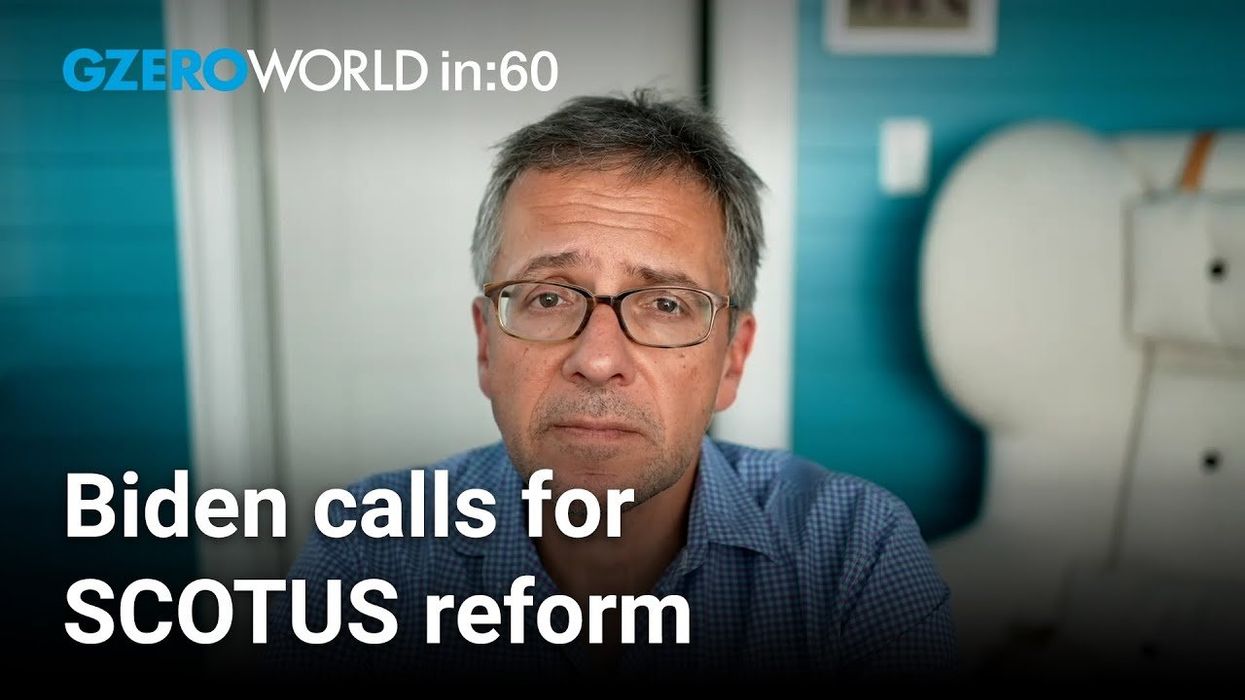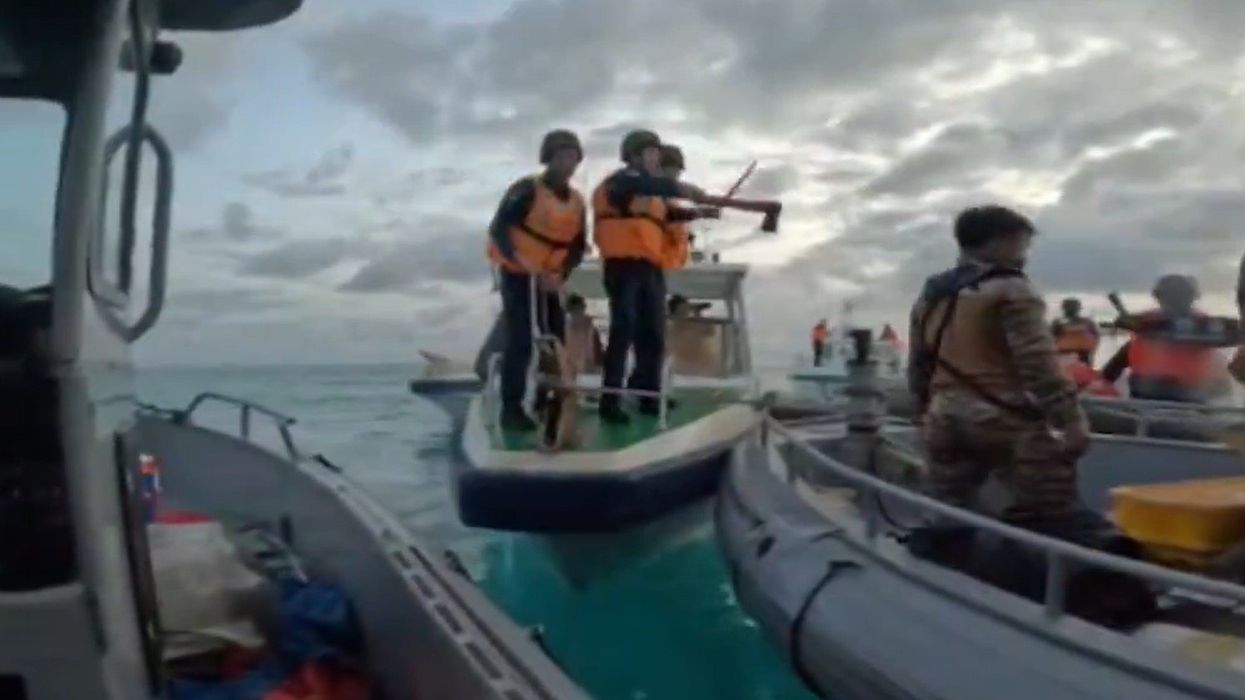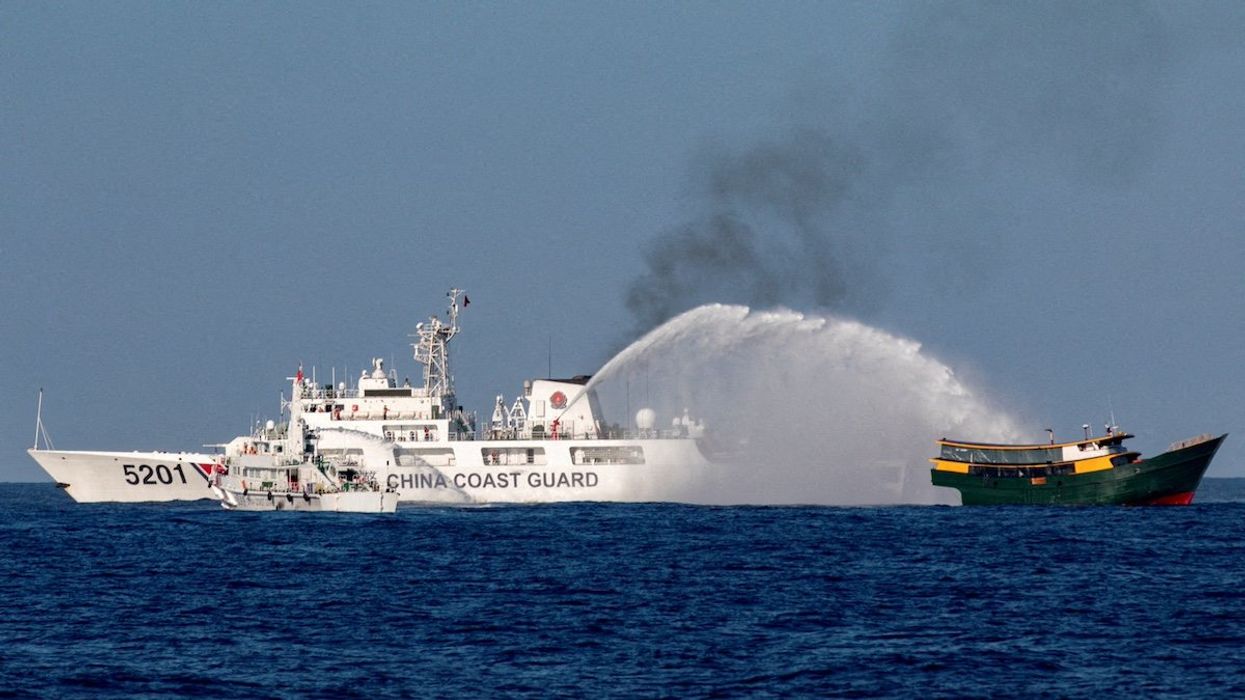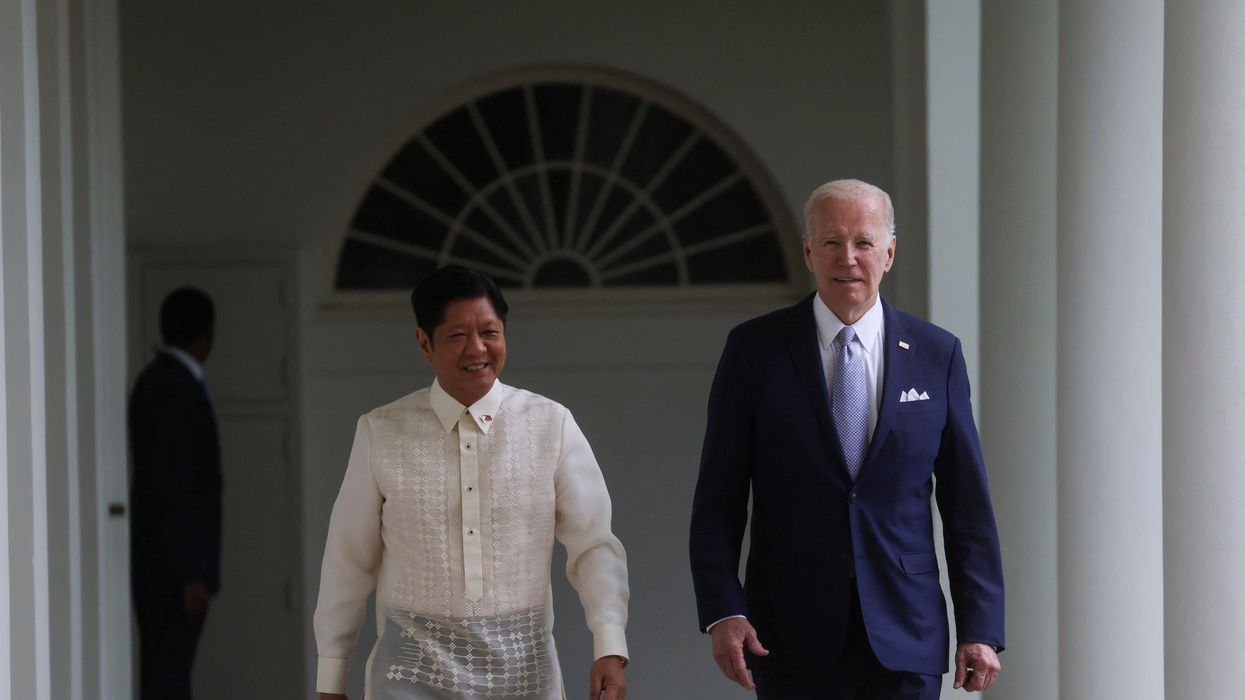ask ian
Biden's Supreme Court reform has zero chance of becoming law
Is Israel and Hezbollah on the brink of all out war? How will the new US military aid pledge to the Philippines affect relations with China? What is the likelihood that Biden's call for Supreme Court reform will lead to any change? Ian Bremmer shares his insights on global politics this week on World In :60.
Jul 30, 2024




